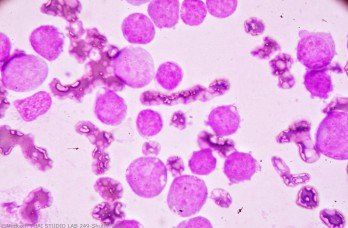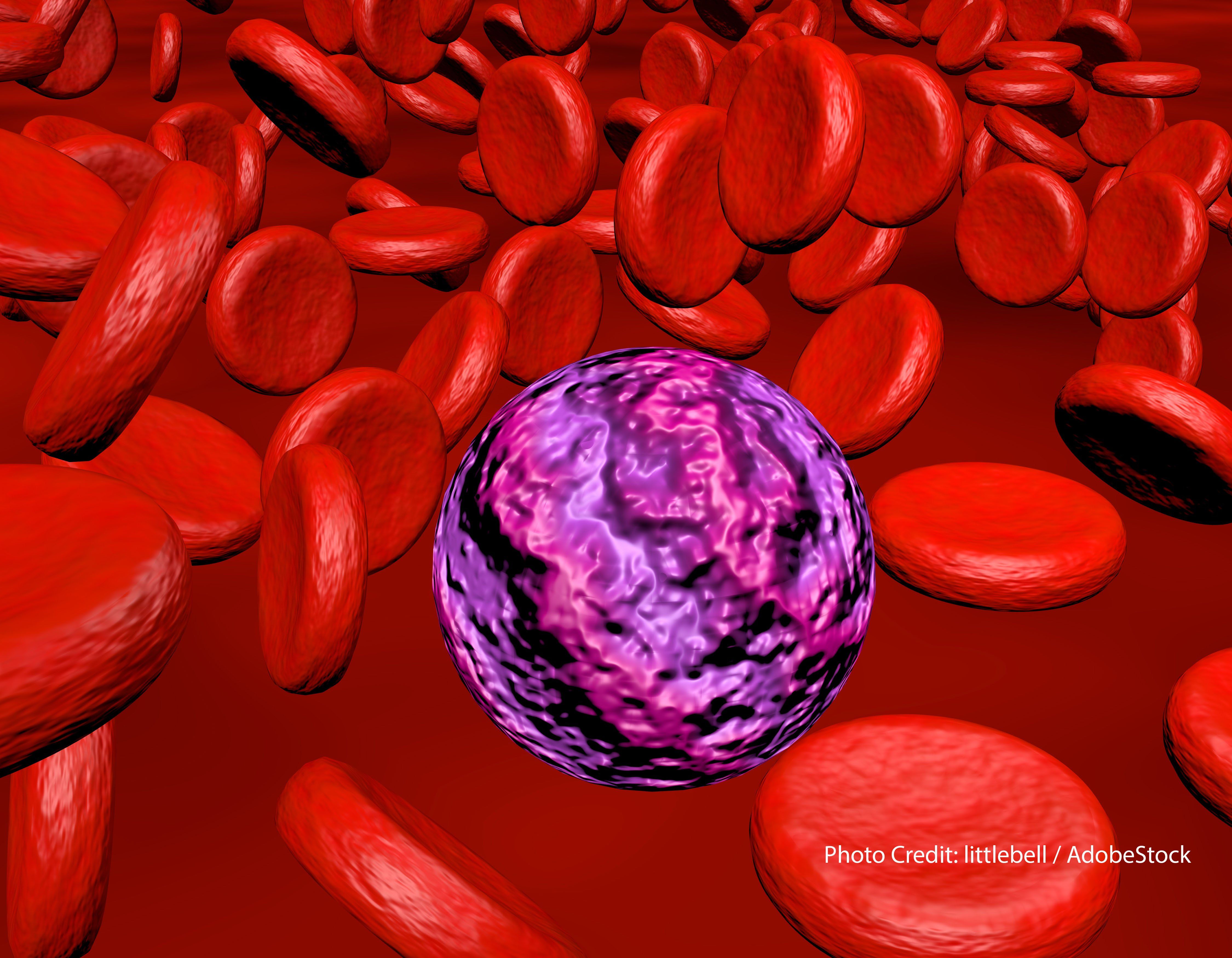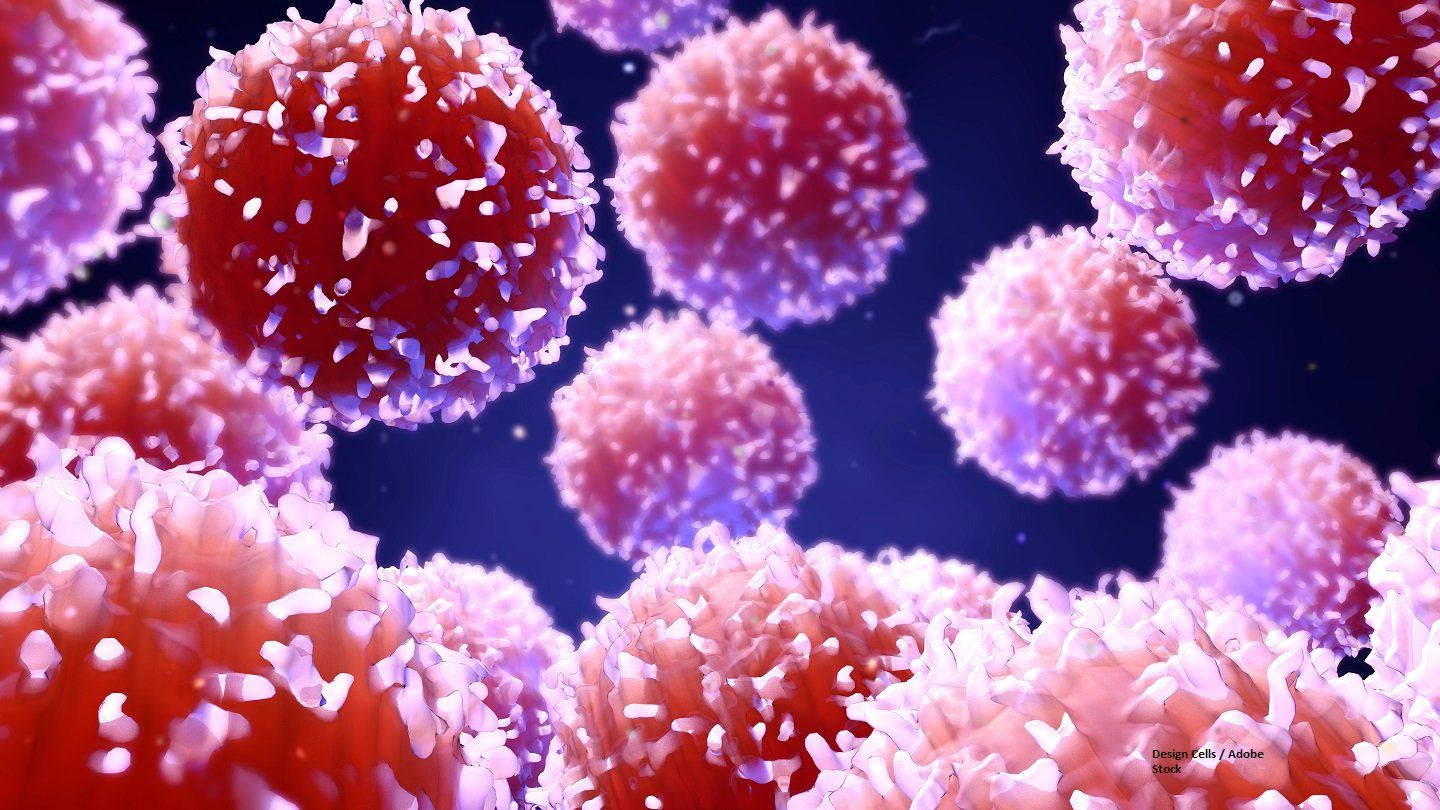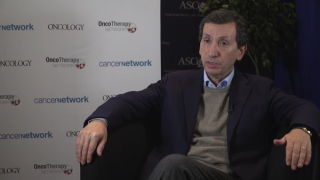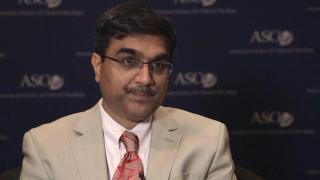
Hematologic Oncology
Latest News
Latest Videos

CME Content
More News
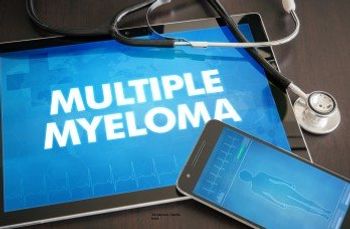
A phase III trial evaluated intermediate-dose cytarabine plus granulocyte-colony stimulating factor (G-CSF) vs G-CSF alone prior to autoSCT in multiple myeloma.
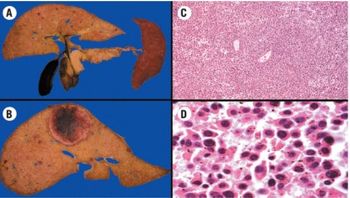
A 39-year-old woman with no significant medical history presented to the emergency department with progressive diffuse abdominal pain, involuntary weight loss, anemic syndrome, and limitation of mobility. What is the best treatment course to follow?

Researchers compared the newly developed PRIMA-PI risk score against FLIPI and FLIPI-2 in patients with follicular lymphoma.
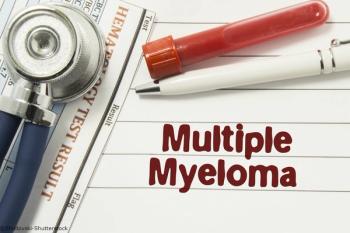
Researchers tested the combination of isatuximab with dexamethasone and pomalidomide in patients with relapsed or refractory multiple myeloma.
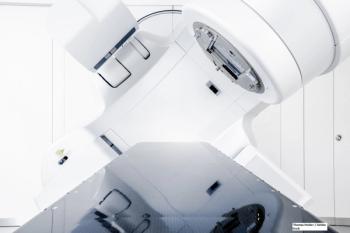
A retrospective study supported the role of primary radiotherapy in early-stage follicular lymphoma.
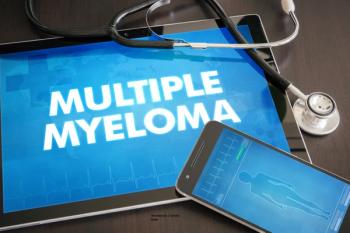
Researchers have identified a potential new target for CAR T-cell therapy in patients with multiple myeloma.
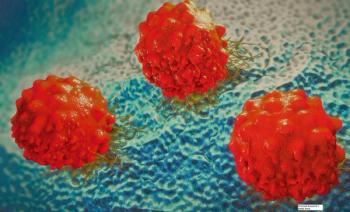
Researchers tested the PI3K inhibitor umbralisib in patients with relapsed/refractory marginal zone lymphoma in a phase II study that was presented at the AACR Annual Meeting.
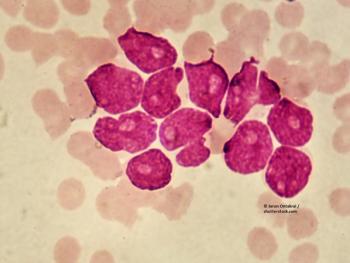
Results of the phase III ADMIRAL trial, which tested the FLT3 inhibitor gilteritinib in patients with relapsed/refractory acute myeloid leukemia, were presented at the AACR Annual Meeting.

Dr. Scadden discusses which blood cancer patients are eligible for stem cell transplantation, as well as the latest advances in the field.

An oncology pharmacist discusses how to manage GI toxicities in multiple myeloma patients.

The FDA has granted Priority Review to Celgene’s application for lenalidomide in combination with rituximab for previously untreated follicular lymphoma.
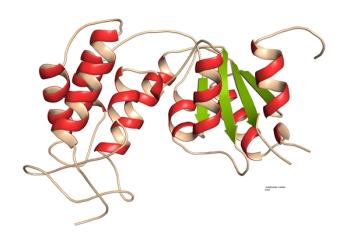
The phase III COLUMBA study compared a subcutaneous formulation of daratumumab vs the intravenous form in patients with relapsed or refractory multiple myeloma.
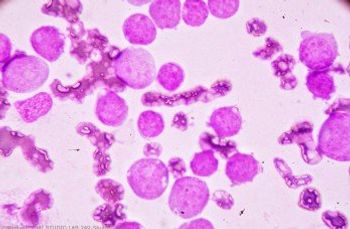
A recent study evaluated whether living in an industrial city could be an important risk factor for developing AML.

The PRECIS study looked at consolidation treatment with autologous stem cell transplantation vs whole-brain radiation therapy in younger patients with CNS lymphoma.

Although many immunotherapies for AML have been explored, none have ever been shown to reduced relapse rates.

Researchers have developed and validated a clinical scoring system that could help guide treatment decisions among patients with multiple myeloma.
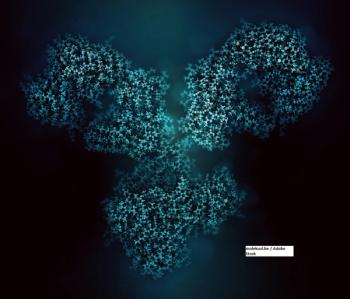
Researchers examined the effect of early progression in a real-world setting of follicular lymphoma patients.
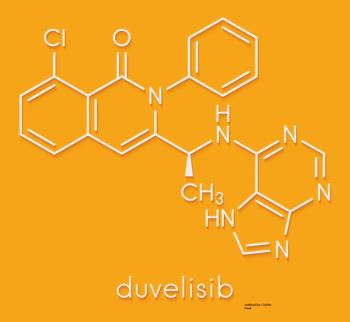
The DYNAMO study investigated the oral PI3K gamma inhibitor duvelisib in heavily pretreated indolent non-Hodgkin lymphoma patients.
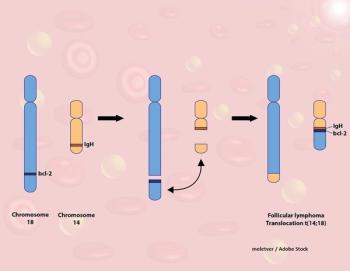
In this study, single-agent ofatumumab did not show superiority to rituximab or obinutuzumab, raising the question of whether ofatumumab should have a role in the treatment of follicular lymphoma.
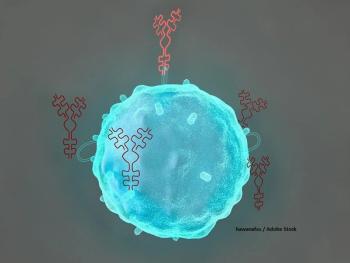
The final results of the LNH-PRO-05 study showed that a combination of antiproliferative and immunomodulatory agents with chemo had good outcomes in follicular lymphoma patients.
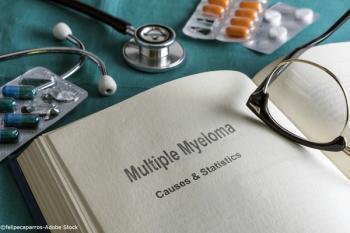
A study investigates the efficacy of a second AHCT or RVD consolidation post-AHCT intervention in transplantation-eligible myeloma patients with multiple myeloma.

Can lenalidomide maintenance significantly improve progression-free survival in patients with newly diagnosed myeloma?
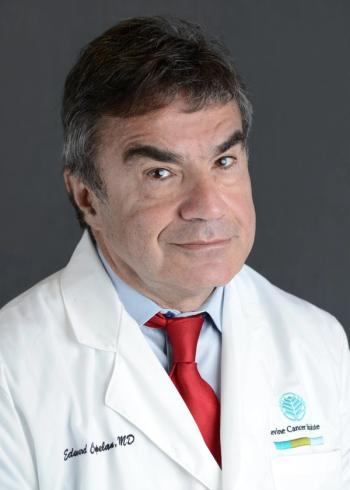
Dr. Copelan discusses the use of chimeric antigen receptor (CAR) T-cell therapy in non-Hodgkin lymphoma patients and how these therapies might improve upon the current standard of care.
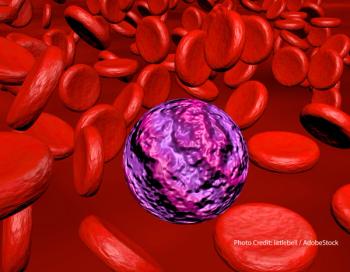
Investigators evaluated whether AZD3463 can induce apoptosis in a dose-dependent manner in a subset of AML patients.
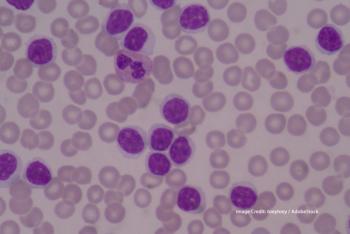
Researchers evaluated the primary mechanisms governing drug resistance and relapse in patients treated with crenolanib, an FLT3 inhibitor.


